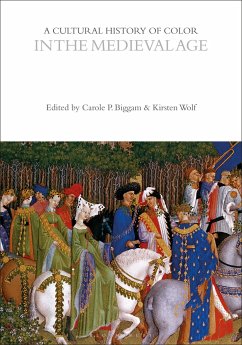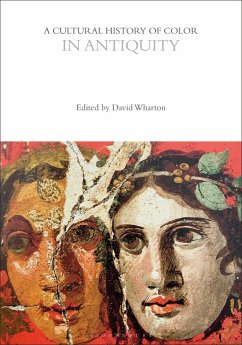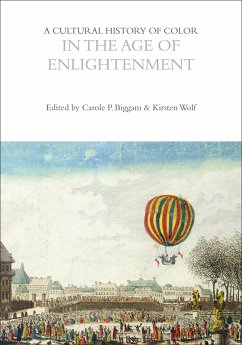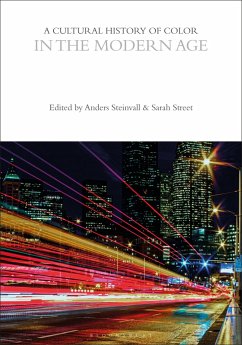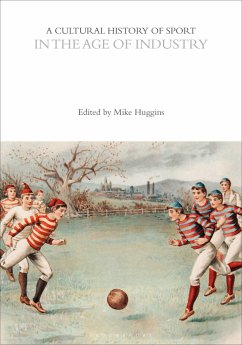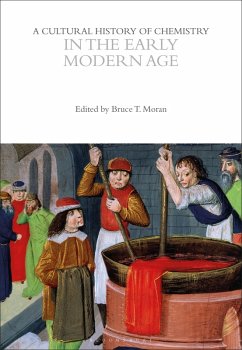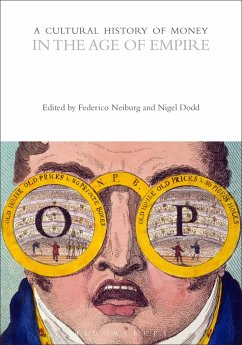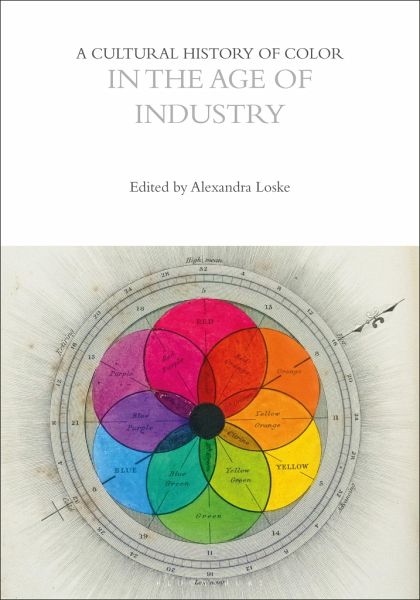
A Cultural History of Color in the Age of Industry
Versandkostenfrei!
Versandfertig in über 4 Wochen
36,99 €
inkl. MwSt.

PAYBACK Punkte
18 °P sammeln!
A Cultural History of Color in the Age of Industry covers the period 1800 to 1920, when the world embraced color like never before. Inventions, such as steam power, lithography, photography, electricity, motor cars, aviation, and cheaper color printing, all contributed to a new exuberance about color. Available pigments and colored products - made possible by new technologies, industrial manufacturing, commercialization, and urbanization - also greatly increased, as did illustrated printed literature for the mass market. Color, both literally and metaphorically, was splashed around, and became...
A Cultural History of Color in the Age of Industry covers the period 1800 to 1920, when the world embraced color like never before. Inventions, such as steam power, lithography, photography, electricity, motor cars, aviation, and cheaper color printing, all contributed to a new exuberance about color. Available pigments and colored products - made possible by new technologies, industrial manufacturing, commercialization, and urbanization - also greatly increased, as did illustrated printed literature for the mass market. Color, both literally and metaphorically, was splashed around, and became an expressive tool for artists, designers, and writers. Color shapes an individual's experience of the world and also how society gives particular spaces, objects, and moments meaning. The 6 volume set of the Cultural History of Color examines how color has been created, traded, used, and interpreted over the last 5000 years. The themes covered in each volume are color philosophy and science; color technology and trade; power and identity; religion and ritual; body and clothing; language and psychology; literature and the performing arts; art; architecture and interiors; and artefacts. Alexandra Loske is Curator at the Royal Pavilion and Museums, Brighton, UK. Volume 5 in the Cultural History of Color set. General Editors: Carole P. Biggam and Kirsten Wolf



